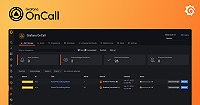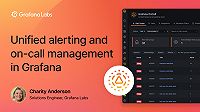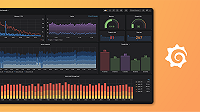Important: This documentation is about an older version. It's relevant only to the release noted, many of the features and functions have been updated or replaced. Please view the current version.
About escalation policies
Escalation policies dictate how users and groups are notified when an alert notification is created. They can be very simple, or very complex. You can define as many escalation configurations for an integration as you need, and you can send notifications for certain alerts to a designated place when certain conditions are met, or not met.
Escalation policies have three main parts:
- User settings, where a user sets up their preferred or required notification method.
- An escalation chain, which can have one or more steps that are followed in order when a notification is triggered.
- A route, that allows administrators to manage notifications by flagging expressions in an alert payload.
Escalation chains
An escalation chain can have many steps, or only one step. For example, steps can be configured to notify multiple users in some order, notify users that are scheduled for on-call shifts, ping groups in Slack, use outgoing webhooks to integrate with other services, such as JIRA, and do a number of other automated notification tasks.
Routes
An escalation workflow can employ routes that administrators can configure to filter alerts by regular expressions in their payloads. Notifications for these alerts can be sent to individuals, or they can make use of a new or existing escalation chain.
To learn how to configure escalation chains and routes, see Configure escalation policies.



